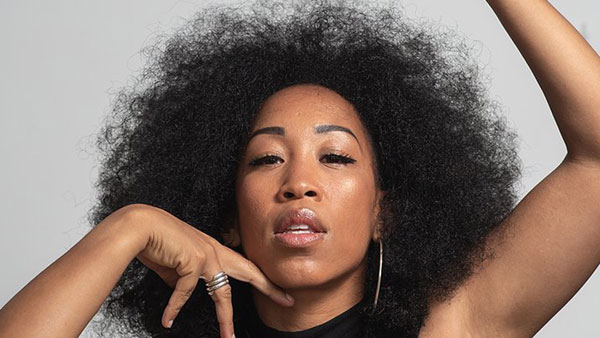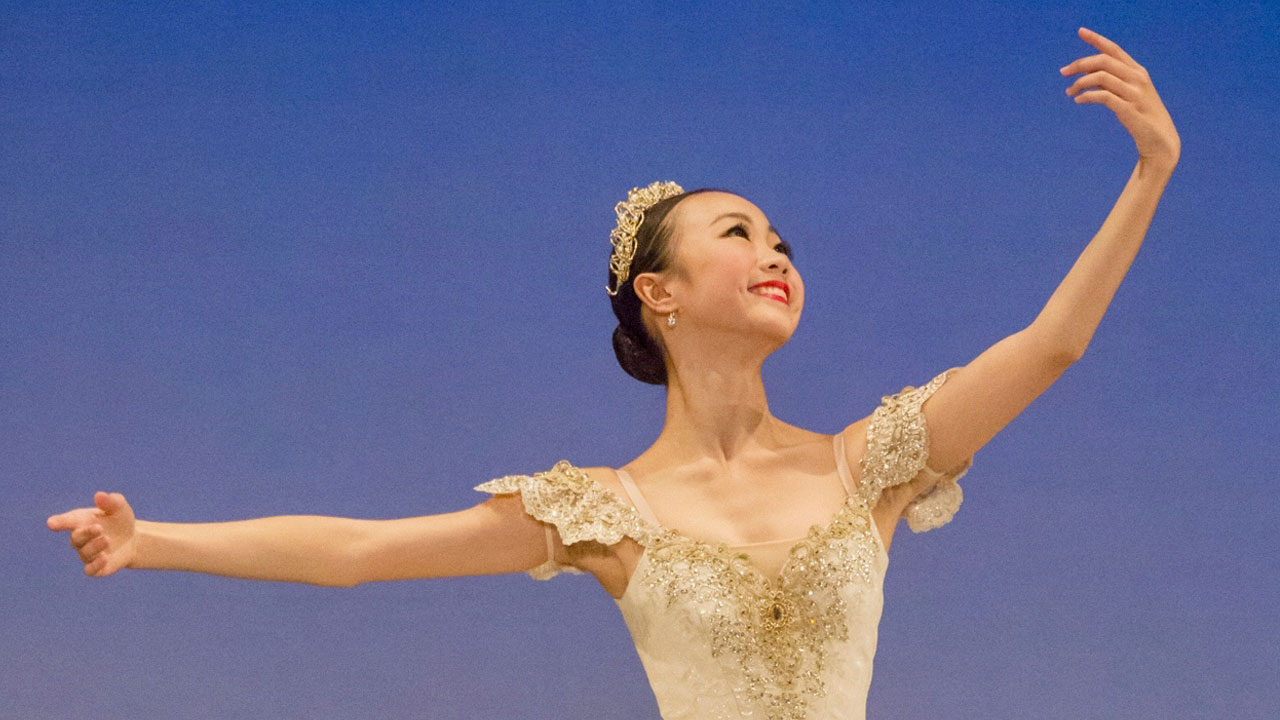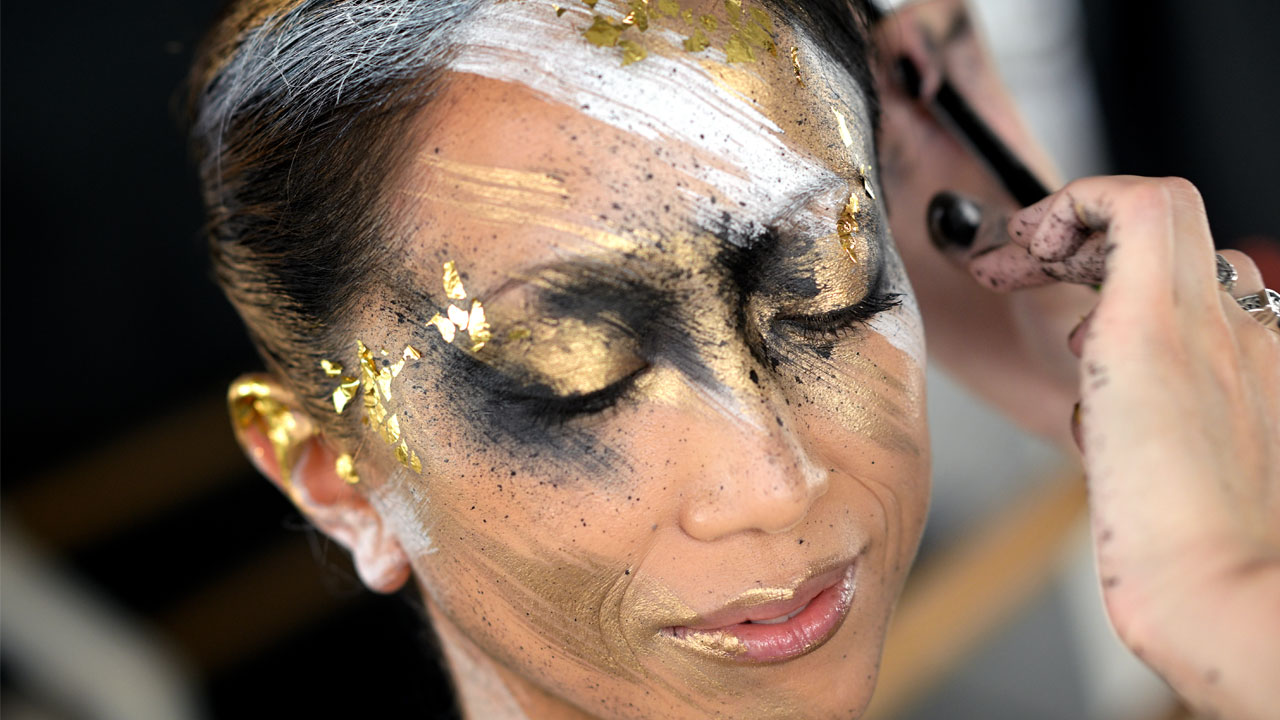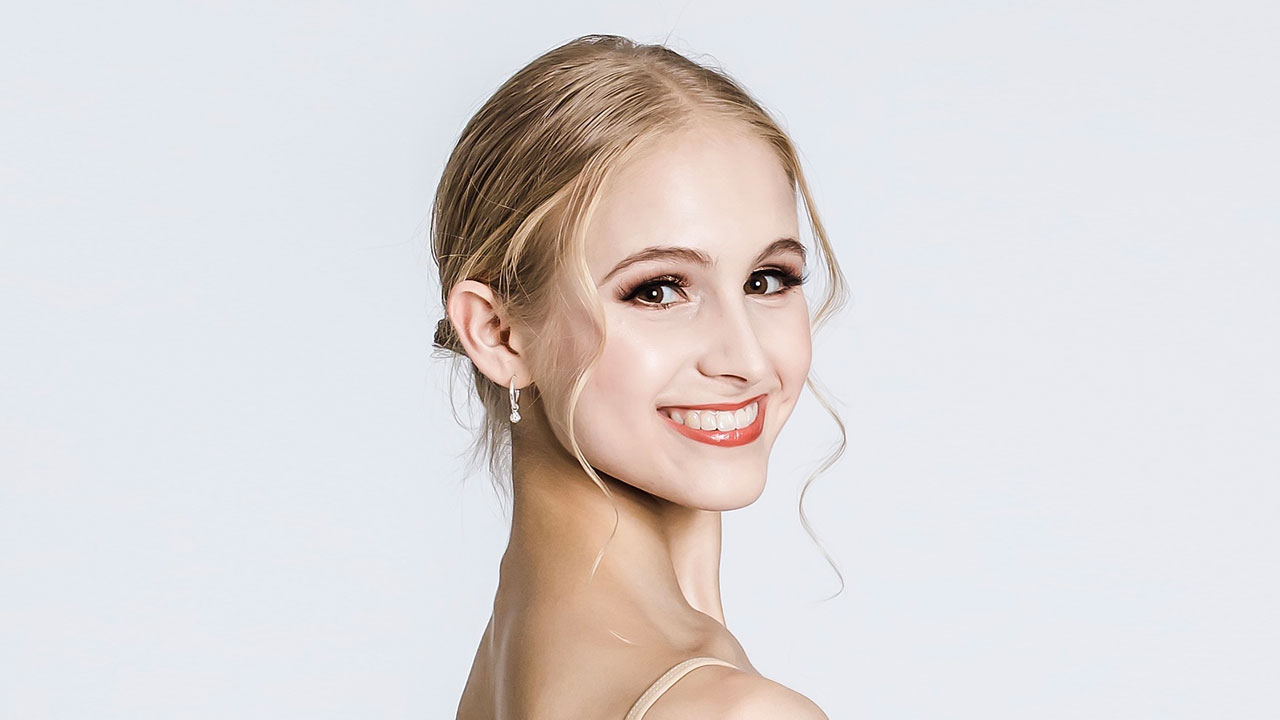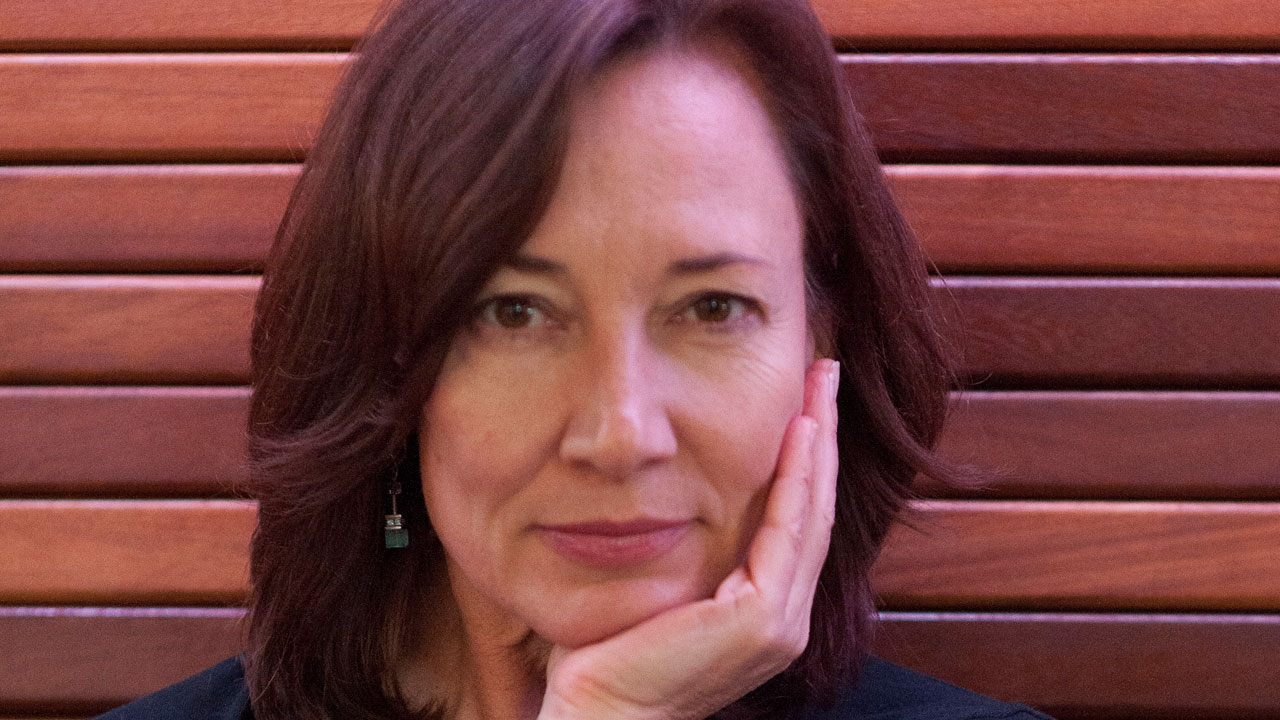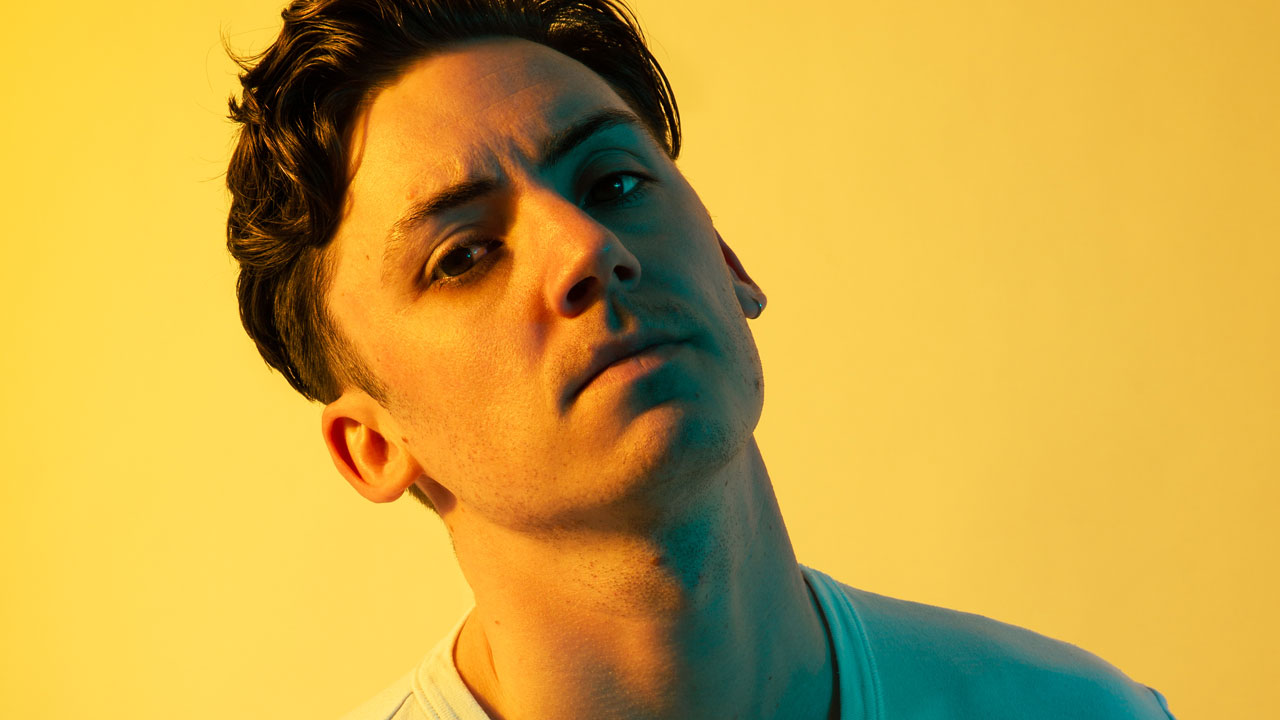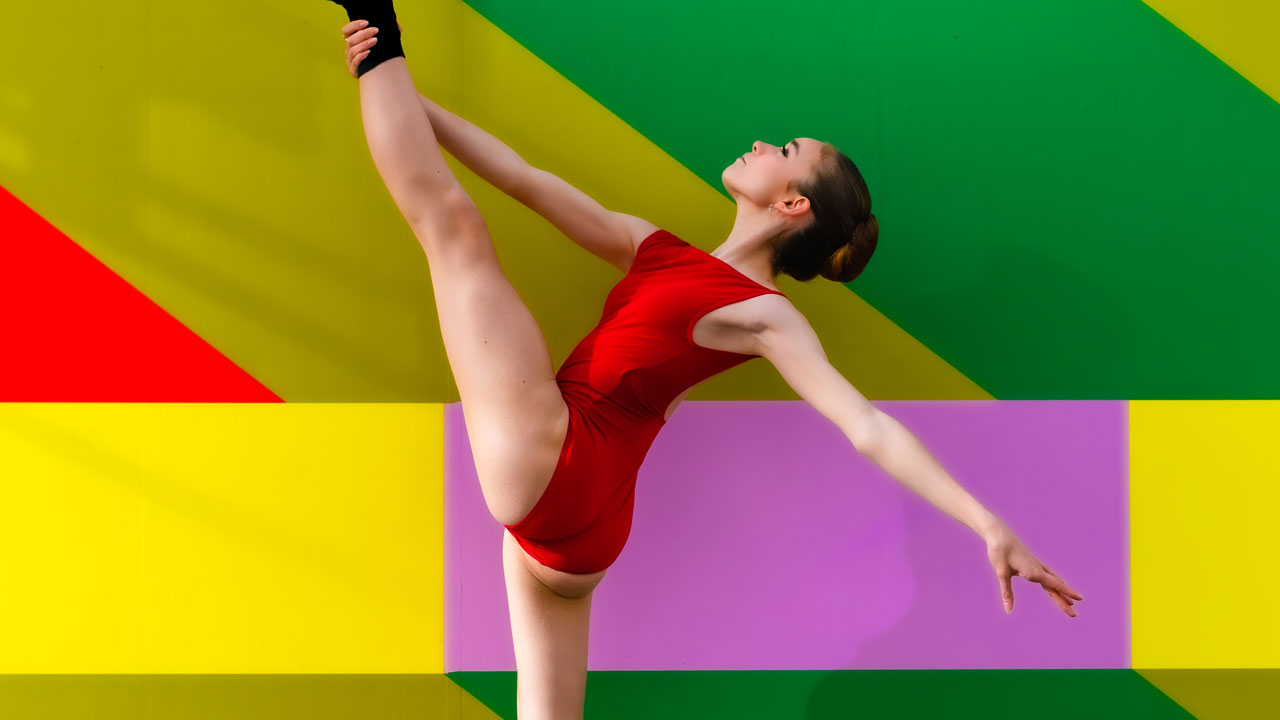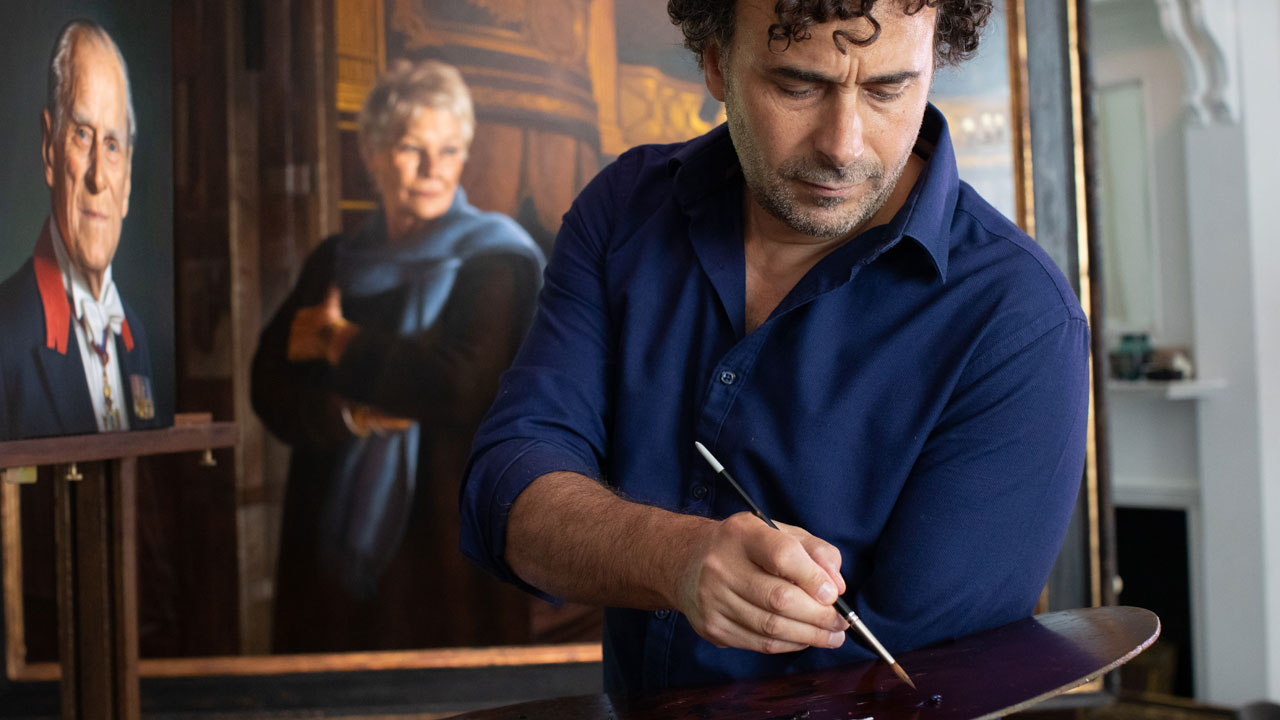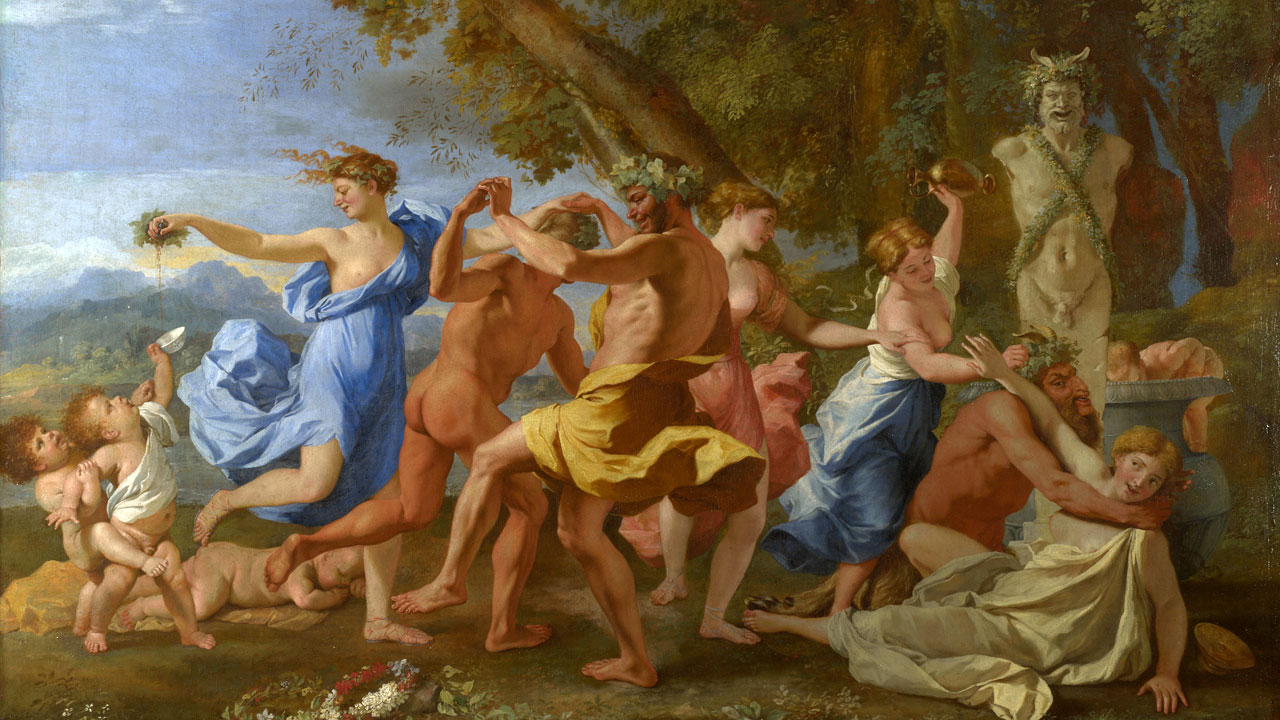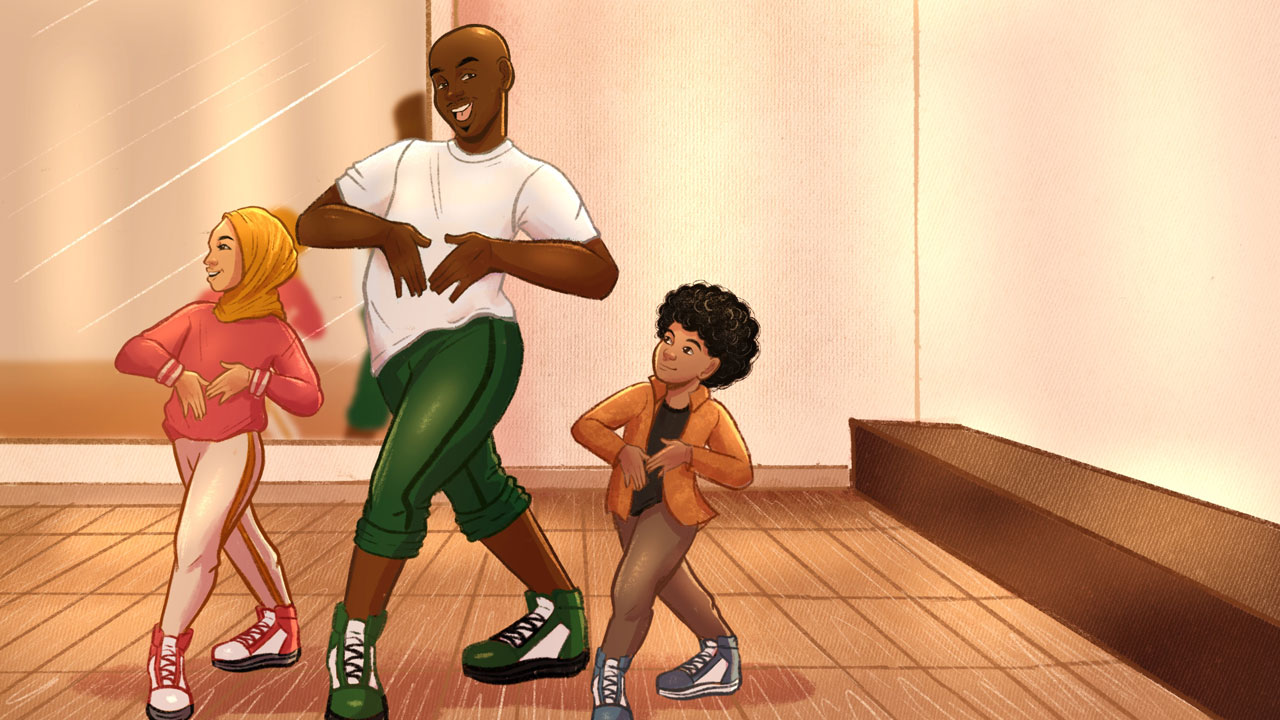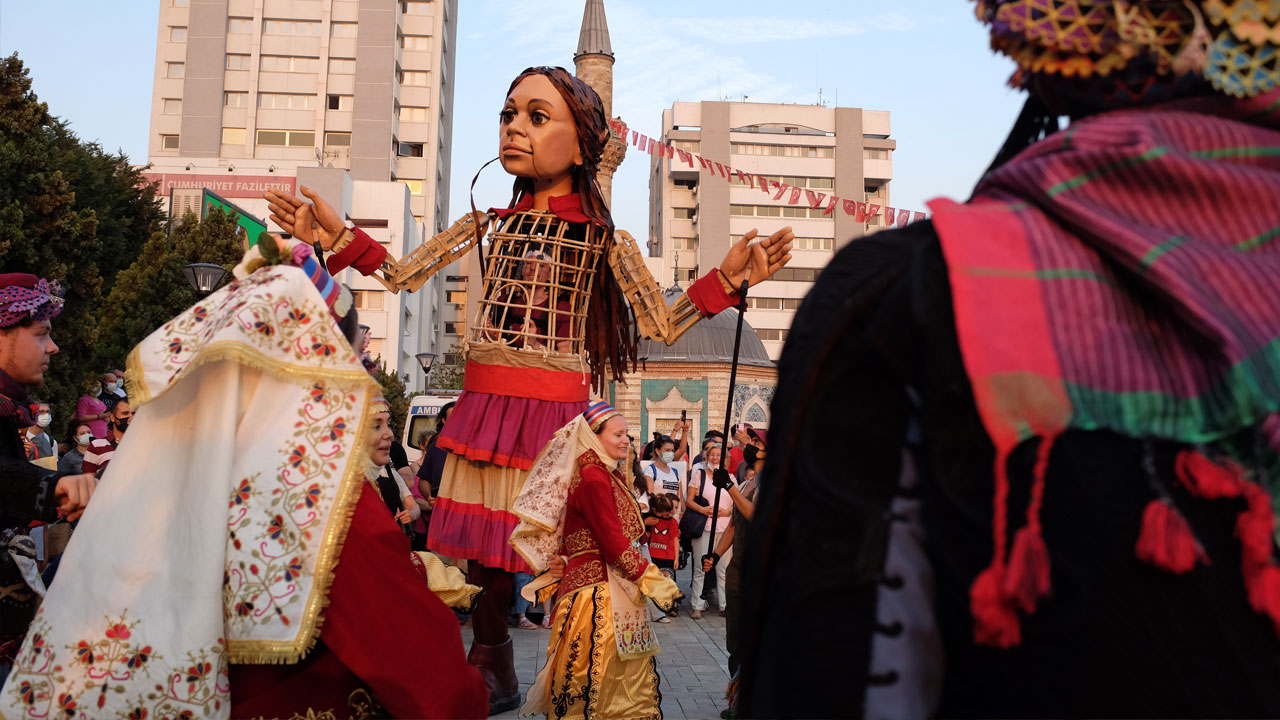Where did the name Rowdy come from?
When I moved to England, I started going into the underground hip-hop scene, but there weren’t a lot of girls. I felt I had a lot to prove, to show I wasn’t scared of no boys. I would be overly confident, very cocky and self-assured. It was all a façade, but the rumour started spreading about this girl that was rowdy and over the top, thinking she’s all that. I started to get self-conscious – but then I thought, I haven’t come all the way to another country to feel small, so I decided to take on the name as a badge of honour. You think I’m too rowdy? Yeah, I am rowdy, and you can’t tell me nothing!
You were born in Colombia but grew up in Sweden. What was your experience of school?
I went to a strict, elitist Swedish school. It was very old-fashioned – they were still beating kids, we had to curtsey to the teacher. Me and my brother were the only black kids in the whole school. This was not an era when neurodiversity was noticed. From an early age I struggled when it came to anything mathematic or science-based. I was told: you’re not working hard enough, make much more of an effort. I tried, I really tried. I excelled in anything creative. I couldn’t work out why I was struggling in maths.
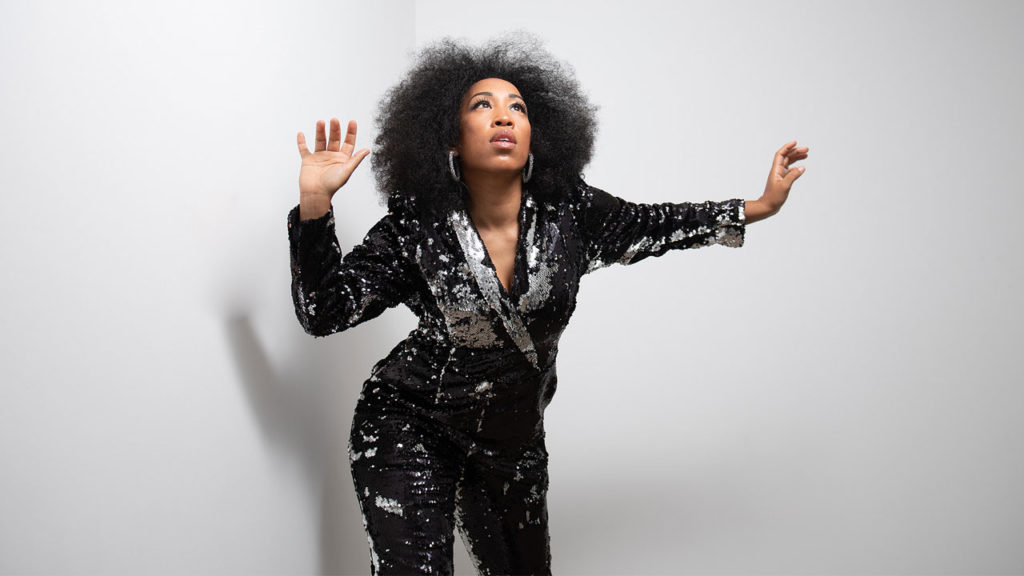
How did you discover dyscalculia?
When I was 17, I happened to come across a news article about this girl who couldn’t see numbers the same way as normal people could. I thought, this girl is describing how I see the world. I’d never heard of ‘dyscalculia’ – but it was like a stone dropping from my chest. It took a while to convince my parents and school, but it completely changed my world.
When did dance come into your life?
Dance was always there. When I was three years old I was moving around the house. I loved watching dance videos and would practice by myself. It was natural to me. I’d been to a dance class where the teacher said, ‘You’re really terrible – you shouldn’t come back.’ He said that in front of all the students. Then I went to another dance class – and there was this tall Black man, in baggy clothing, playing music I’d heard on the radio, with the biggest smile. It was such a change. How could I not go back?
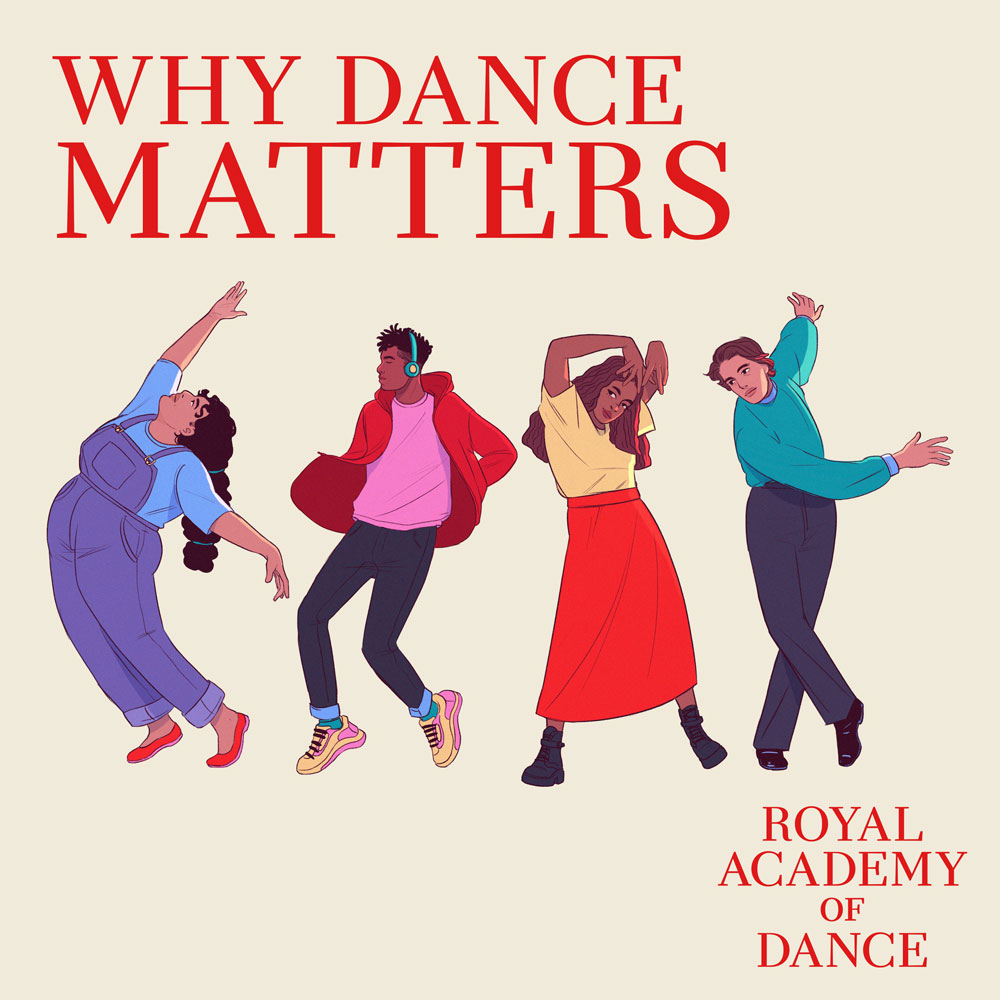
You’ve taught a lot, including on the RAD’s Step into Dance programme. Do you ever recognise your younger self among the young people you teach?
I would recognise myself in kids that would struggle, or were shy, or maybe aggressive because they felt embarrassed. And I would find a way to reach those kids on a level that they would find a safe space. You don’t know about their life at home – dance might be the only relief or safe space for them. So don’t ever turn away a kid or make them feel unwanted in the space. That is my main goal in teaching.
Why does dance matter to you?
Dance was the one guiding light through everything for me. If I didn’t have that, I wouldn’t be the person I am today. I wouldn’t have found my voice. I wouldn’t have found a place where I can call myself a trailblazer for young kids. I would have just been a scared little kid, believing she was stupid. Dance really saved my life.
Why Dance Matters
Why Dance Matters is a new podcast from the RAD – a series of conversations with extraordinary people from the world of dance and beyond. We hope these insightful personal conversations – hosted by David Jays, editor of Dance Gazette – will delight and inspire you.
Other guests in our new season include the star dancers James Whiteside and Leanne Benjamin, choreographer Ashley Page, the Paralympian athlete Libby Clegg, Hannah Martin who won a bronze medal in The Fonteyn this year and RAD Artistic Director Gerald Charles. Please listen and subscribe to Why Dance Matters.

